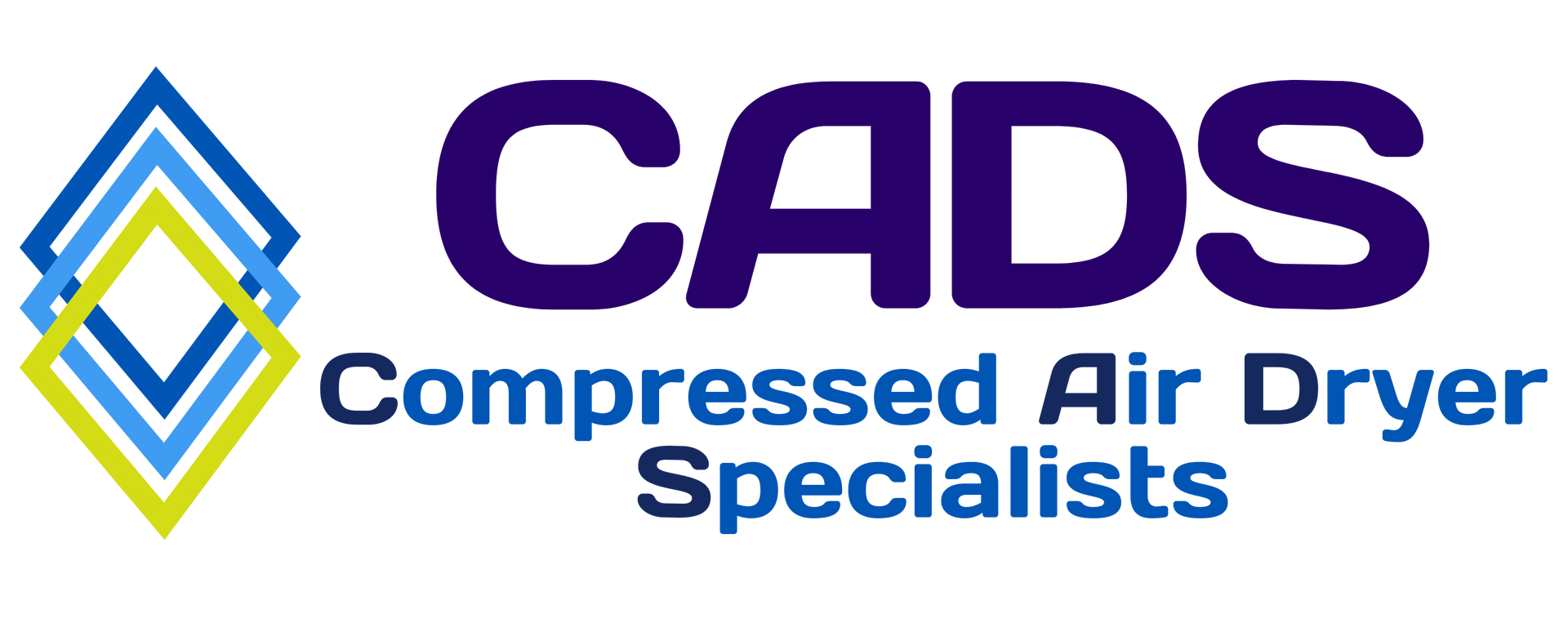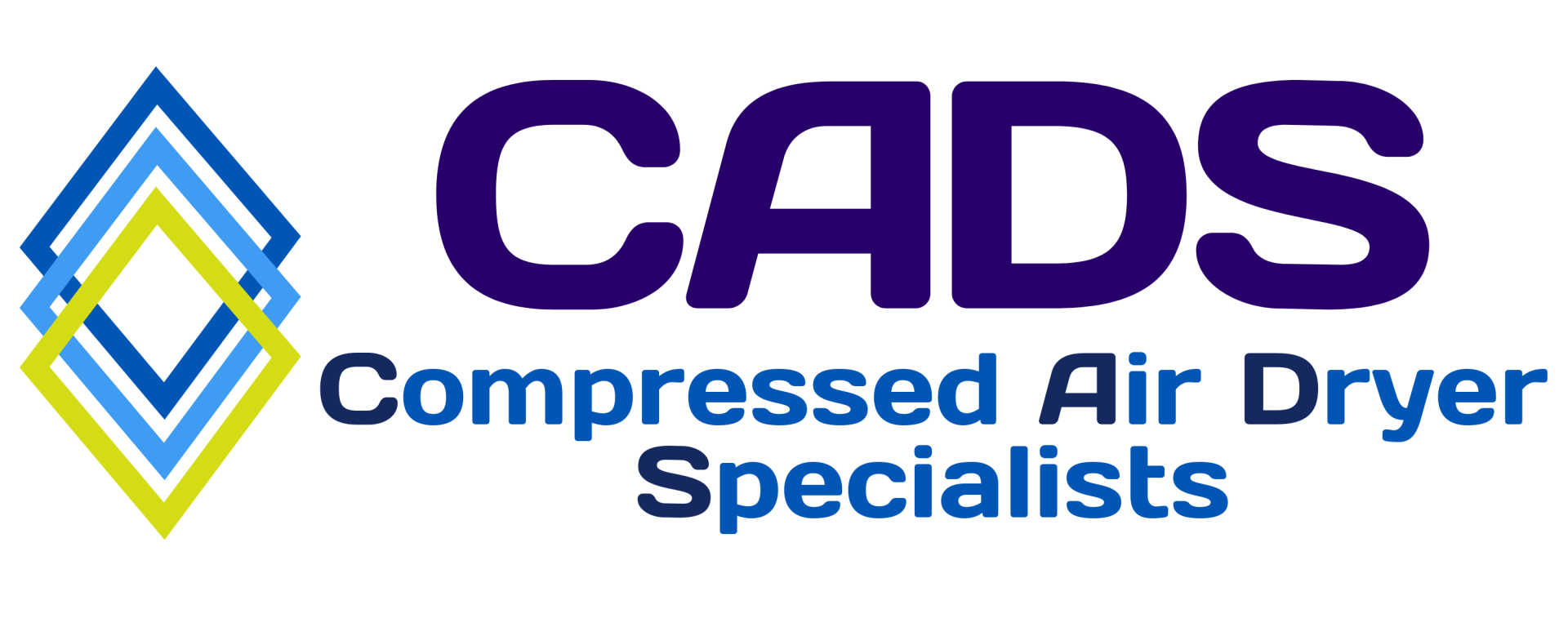ANECDOTES
/ˈanɪkdəʊt/ a short amusing or interesting story about a real incident or person
The inclusion of these anecdotes is not intended to shame, embarrass or ridicule an individual, company, or country but purely to provide real-life incidents which can be learned from and not repeated.
We do not name individuals, companies, or countries (only generic names are used).
01 Best Filters
During a visit to a major refining company within the Middle East, I was greeted by the site engineer, who shook my hand and congratulated the company I was working for at that time on making the best filters. I asked why he would say that - he responded "we have never changed the elements in 6 years and the differential indicator has not changed". I asked if we could open the filter housings. Inside there remained only the stainless steel core, all the filter media had long since travelled downstream.
02 Water Production
A smaller production company within the UK. As the service engineer at that time, I was called out on a reported breakdown, as the customer was seeing liquid water in their downstream process. On walking the line, I discovered that there was in fact liquid water venting from actuator and cylinder exhausts. Checked the dryer, functioning correctly but serious indications of water overload. Walked upstream to the 20+ft tall "wet" air receiver. Tapped on the side with a spanner, a dull thud was heard. Enquired as to when the receiver was last drained, as only a manual drain valve was fitted. "Oh, that's Fred's job, and he's been off sick for the last 2 days". Took over 2hrs to drain out the water. Customer later fitted an automatic drain and needed to have an extra service on the dryer.
03 On Differential
Another visit to a major refining company within the Middle East (spent a lot of my time on these sites). Asked the site engineer how often the filter elements are changed - "whenever we need to" - I asked what they used to indicate when the elements needed changing - "on differential, when the indicator shows we need to" - we went into the field and discovered that not only were nearly all of the indicators not working, over 50% of them had no indicator needle.
04 Perfect Dewpoint
A gas pumping station within the Middle East. Enquired as to the quality of the dewpoint which the end user was getting from their dryer. The dryer was from another manufacturer and not the company I represented. He responded "the dewpoint is perfect and very reliable", they were measuring the outlet dewpoint from the dewpoint sensor provided and installed as part of the dryer package. Inspected the dryer and discovered that the dewpoint meter was measuring an atmospheric dewpoint (ADP) and not a pressure dewpoint (PDP). Advised the end user that his dryer was not producing the dewpoint he thought or paid for, but he was actually getting a dewpoint approx. 20 degrees worse than what they needed.
05 Unreliable Drains!
A large refining company in South America. Site had approx. 4 large process streams and 8 large dryers. Both "wet" and "dry" air receivers, over 30ft tall. All the automatic drains on the receivers were isolated and 1.5 inch manual drain valves were a 1/4 to 1/2 open, constantly venting air. When asked why they were wasting so much air the engineer replied " we never hear or see the drains venting, so there is no confidence in them so we don't use them". These were automatic moisture sensing drains that would only operate when there is sufficient moisture needing to be vented. Explained this to the engineer, who responded - " we would rather be safe than not".
06 Remote Diagnosis
Ever tried to diagnose the performance or a fault on a piece of equipment, when all you have in the field is a power indicator and some gauges ?. All the other indicators associated with the equipment are on a control screen in a control room over 500 meters away. Well that is what some customers are now specifying, DCS control. From an operators point of view, nice, sit in a nice air conditioned control room and push a few buttons. From a maintenance perspective, a nightmare, especially on equipment where we are talking seconds and at the most minutes between changes within the sequence. By the time a radio message is conveyed between the field and control room, the sequence has moved on. Stick with the manufacturers control system, most have the facility for DCS monitoring. Next time you have a problem with your car, call the garage and ask them to diagnose it over the phone - see what they say.
07 Maintenance
We all appreciate and understand why we need to get our cars maintained, as per the manufacturers recommendations. Then why should it be less important to maintain far more important and potentially lethal equipment. "We fix it when it breaks" (fire fighting) this is a common statement I hear, usually from overloaded maintenance & operations personnel. Unfortunately the impact of this, in the long term, is that associated component's are affected by the failure, shortening their working life, ultimately resulting in a cascade of failures. Scheduled preventative maintenance, regardless of the equipment, is the only way of your being in control of your equipment, not the other way around.
08 PLC or Standard?
Another type of non-standard control system which design/project engineers seem to be going for, is PLC control. Large refinery, again in the Middle East. Arrived for commissioning. Went through the usual checks, all ok. Then it came to firing up the dyer. There was an issue with the PLC. Couldn't initially determine whether the issue was with the PLC or the logic program. Asked the customer for their PLC specialist, to assist in working through the problem.
Was advised that they didn't have one, even though this was the control system specified for this equipment for this site. Again, most manufacturers have control systems, which they have spent time and money on developing, specifically to operate their equipment. On a dryer, a PLC is using less than 1% of its processing capacity.
Why overcomplicate something for no real reason ?.
Why pay extra for something none standard ?
It took almost 3 days in talking with the PLC manufacturer and coding engineer to resolve the issues.
09 Run to Fail
Large Petrochemical refinery, ME.
Asked the engineer as to the schedule of maintenance they are following. Was advised that it was one they had devised based on their own assessment - "Run to fail". Which basically means that they run the equipment till components fail and then log a maintenance schedule based on that rate. So for example, a valve fails after 18 months, they would schedule that valve to be serviced at the 16 or 17 month period. Sounds great in theory, in practice not so good. For one simple reason.
The equipment does not operate under the same loading or stresses every day, every week, every month or every year. Conditions change. This type of strategy doesn't account for that. Additionally it cannot account for the impact and wear on associated components when a failure occurs.
Manufacturers recommendations are based on hundreds of thousands of installations and are there to ensure that the chance of failure is at its lowest.
10 Cleaning Filters!
Can you clean a filter element ?
Seems that most engineers have already decided that you can, as this is a common practice within a lot of plants.
Unfortunately, it is 100% false.
Filter elements cannot be cleaned, yes you can blow off the surface dust but filter elements are not just surface filters.
They have a depth to them and you cannot remove those contaminants without damaging the filter media. I always find it incredible, the filters are the least expensive single component on a dryer, which provides protection for the most expensive components, the desiccant and the plant, and they are treated with such high disregard.
Obviously this "cleaning" is being done based on differential and we know how reliable those indicators are - right ? Just read No.1 & No.3 if you haven't already.
"If you do not fully appreciate the impact or the implication of these situations, then you would definitely benefit from one or more of our training courses. Particularly if you have any involvement or responsibilities associated with specifying, operating, or maintaining compressed air dryers."
Revenue Streams: Consultancy Retainers, Advertising, Training Courses, Consultancy Fees, Subscriptions, Documentation/Data, Posters/Merchandise - we do not receive any revenue from parts or equipment sales associated with our interaction or recommendations.
The placement of advertisements for products or services within the C.A.D.S. website should not be seen or construed as an endorsement of said products or services.




